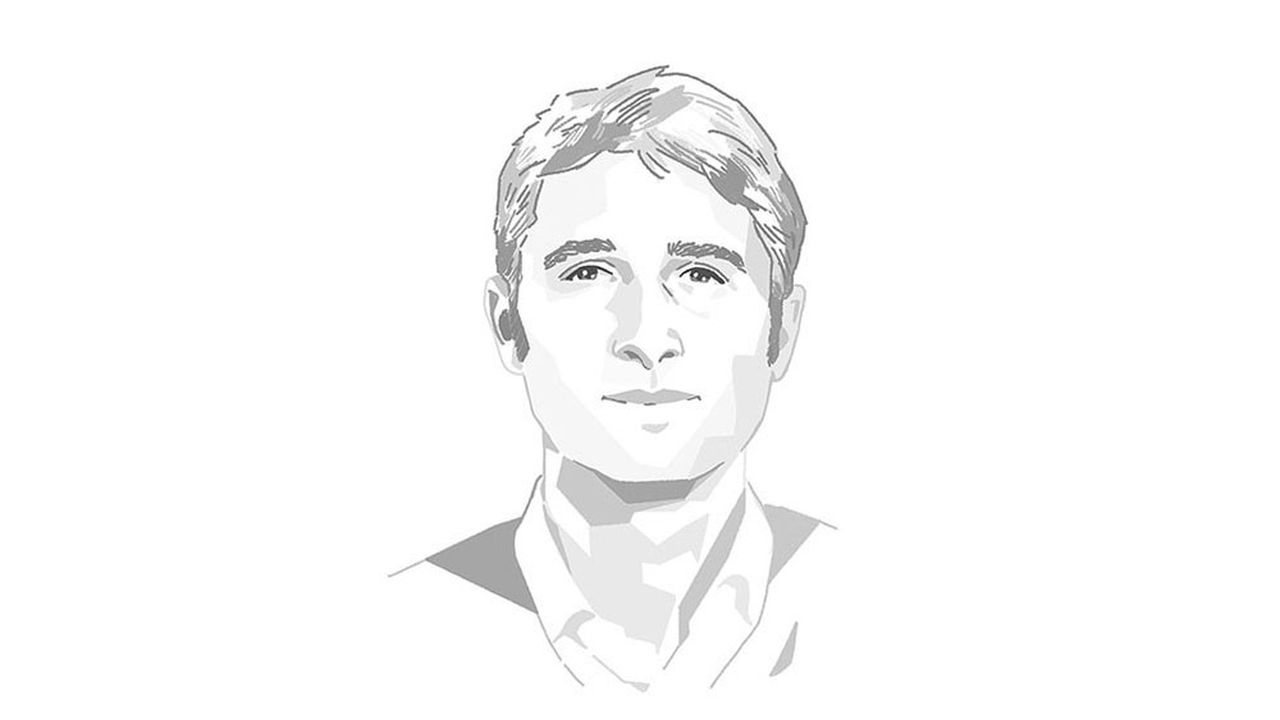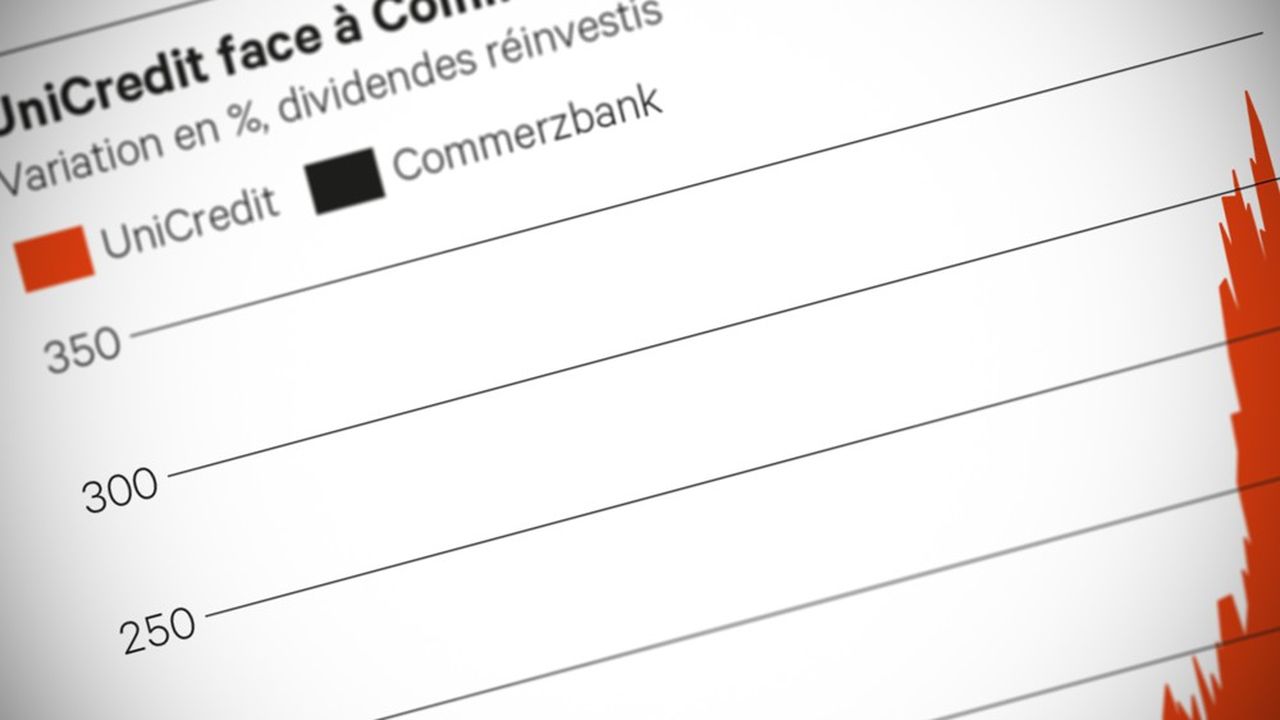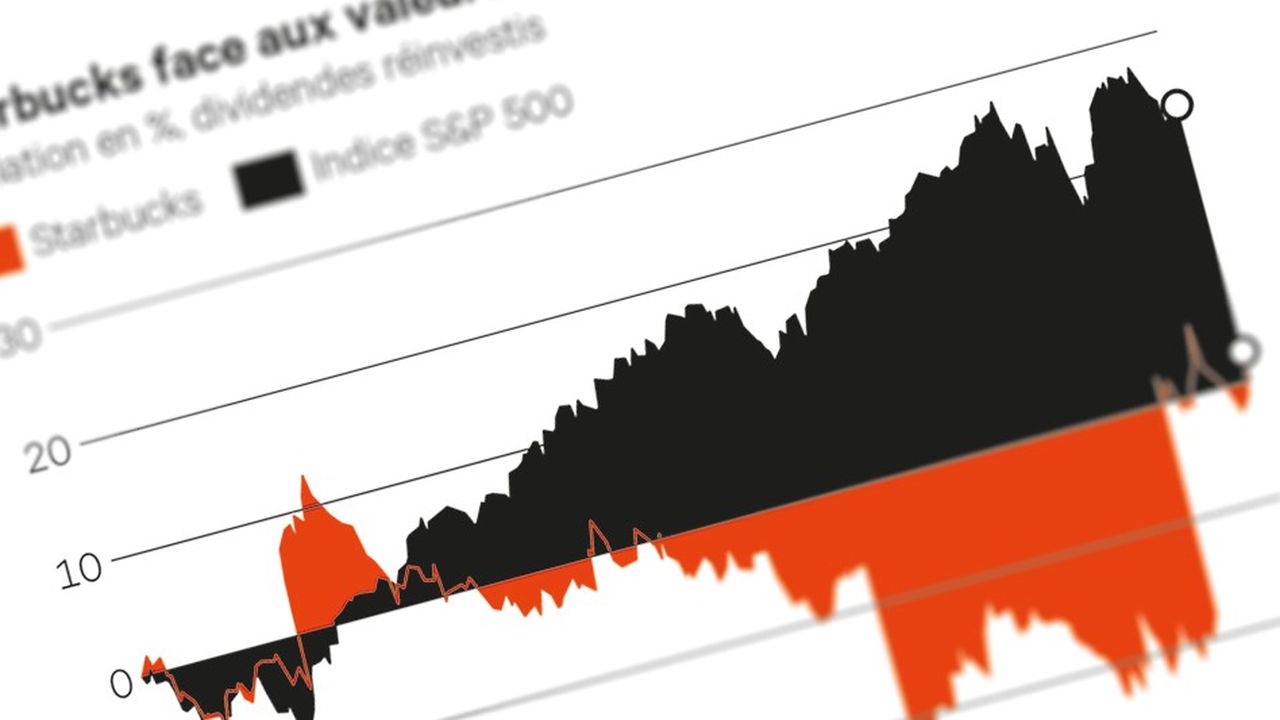
To distribute wealth in a society, there are at least three possible principles, corresponding to three political regimes. “To each according to his work”: this is the democratic principle, that of the Republic. “To each according to his birth”: this is the monarchical principle, that of the Ancien Régime. “To each according to his needs”: this is the communist or socialist principle. The democratic principle of work is today doubly called into question.
On the right, the temptation is reappearing to give precedence to birth over work: to lower inheritance tax for the richest, even though inherited wealth now represents, on average, 60% of people’s assets, and wealth inequalities are 60 times greater than income inequalities (the multiplier factor for moving from the first to the tenth decile of assets is 186, compared to 3 for income from work). However, when the majority of what people own no longer comes from their work and personal effort, but from the chance of their birth, can we still say that it is a democratic society based on merit and work? The risk is to tip democracy into plutocracy.
Plutocracy and plebocracy
Similarly, on the left, there is a growing temptation to respond to individual needs independently of each person’s work: validation of retirement quarters for RSA recipients, free transport for the “precarious”, free first kilowatt hours of energy, completely free school (canteen, supplies, extracurricular activities). However, when non-work and work allow one to obtain the same social rights, give access to the same public services, and increasingly result in the same material standard of living, can we also say that this is a democratic society based on individual work? Here, the risk is of falling into a “plebocracy”.
Should we therefore abolish inheritance (a feeling of anger heard on the left) or eliminate redistribution (a misguided movement on the right)? Of course not. Work and merit are imperfect principles and do not say everything about our social life. Having raised and loved our children or our loved ones, we can legitimately claim to pass on to them the fruit of our efforts. Even in a democratic society, birth and inheritance will therefore always weigh in the distribution of wealth, in each generation: it remains to define their acceptable weight.
Individual merit
Similarly, since everyone does not receive the same education, does not live in the same areas, does not have the same social conditions of departure and career, it is legitimate and fair to correct these inequalities, which have nothing to do with individual work or merit, by a significant redistribution of public services and wealth.
But our contemporary problem is that personal work, nibbled away on its right by the growing weight of inheritance, and on its left by increasing redistributive levies, is no longer the primary factor in the distribution of wealth in our society. However, if democracy is defined politically by the sovereignty of the people, and legally by the rule of law, it is defined socially by individual work and merit. In this sense, accepting that work is no longer the primary source of wealth for individuals, and no longer allows the majority of people to improve their standard of living, is sawing off the social branch on which political democracy is based.
Antoine Foucher is president of Quintet Conseil.










